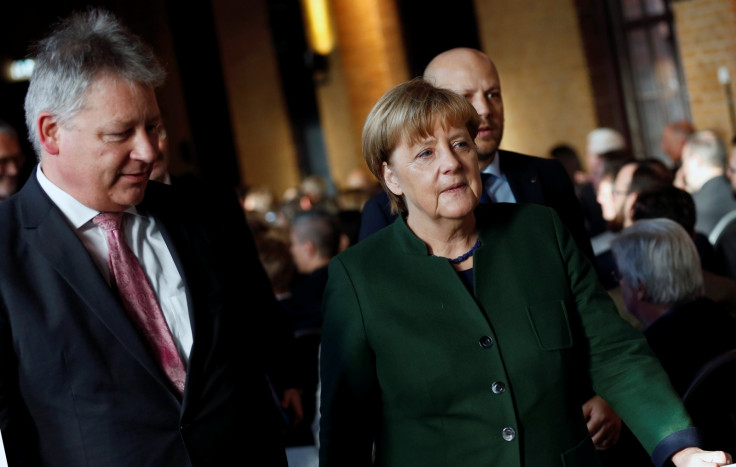Russian hackers may disrupt Germany's 2017 election warns spy chief
Bruno Kahl says the pressure on public discourse and democracy is 'unacceptable'.

State-sponsored hackers aligned with Russia may attempt to influence the outcome of next year's general election in Germany by spreading misinformation and hacking government emails, the head of the country's Federal Intelligence Service has claimed.
Bruno Kahl, president of the Bundesnachrichtendienst (BND), warned that hackers will try and undermine the democratic process by using cyberattacks to "elicit political uncertainty." He told Süddeutsche Zeitung that pressure on public discourse and democracy is "unacceptable."
"The perpetrators are interested in delegitimising the democratic process as such, regardless of who that ends up helping," he said, adding that the attacks may come "from the Russian region" where he claimed hacking is "at least tolerated or desired by the state."
The spy boss, who was appointed to the role in July, said "Europe is the focus of these disturbance experiments." He claimed to have already witnessed targeted email spoofing campaigns orchestrated by foreign hackers although admitted attribution remains tough.
Fears of nation-state influence on elections have piqued since multiple cybersecurity firms analysed a major cyberattack at the Democratic National Committee (DNC) in July and reported that two Russian hacking groups – ATP28 and APT29 – were likely involved.
In May, officials from Germany's domestic intelligence agency, the Federal Office for the Protection of the Constitution (BfV), said Russian intelligence had launched an "aggressive" espionage campaign against multiple targets that included the German parliament.
BfV chief, Hans-Georg Maassen, said at the time: "The information security of German government, administrative, business, science and research institutions is under permanent threat [...] Russian intelligence agencies are also showing a readiness to [carry out] sabotage."
Most recently, Deutsche Telekom, the leading telecommunications provider in Germany said hackers were able to cut the internet and phone access of roughly 900,000 customers by targeting a "specific brand" of home router. It is believed coverage in the UK and Brazil were also brought down.
There is no evidence to link the attacks to Russia. Two hackers claimed to Vice Motherboard to be linked to the outages, while at the same time cybersecurity firm Flashpoint released a report suggesting the incident was caused by a new variant of the notorious Mirai botnet.
The German chancellor, Angela Merkel, said on 29 November there was no indication who was behind the campaign but added "such cyberattacks, or hybrid conflicts as they are known in Russian doctrine, are now part of daily life and we must learn to cope with them."
© Copyright IBTimes 2025. All rights reserved.






















